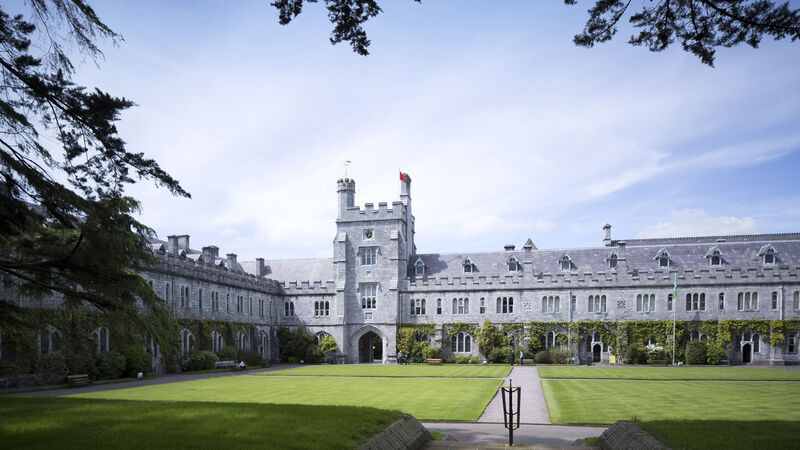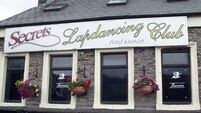UCC's €114,000 spend on 'brand refresh' project raises concerns

Under Project Alpha, all discretionary expenditure at UCC was scrutinised and only essential expenditure was approved. File Picture: Tomas Tyner/UCC
University College Cork (UCC) has so far spent almost €114,000 on a “brand refresh” project aimed at improving the university’s international reputation and impact.
Last year, UCC was forced to introduce a cost-cutting plan and review all of its capital spending projects after recording a deficit of €11.2m during the prior financial year.
















